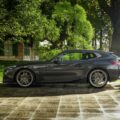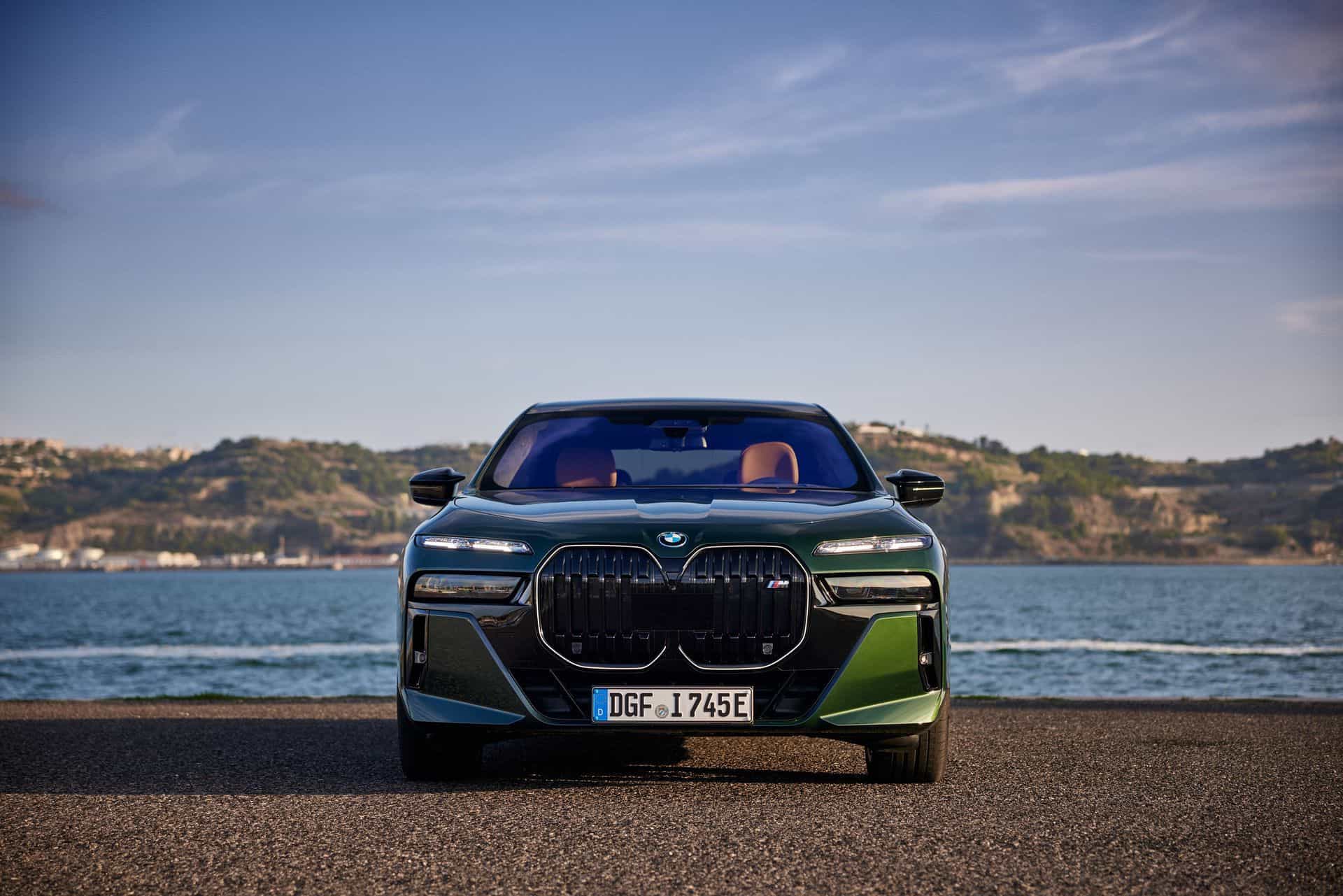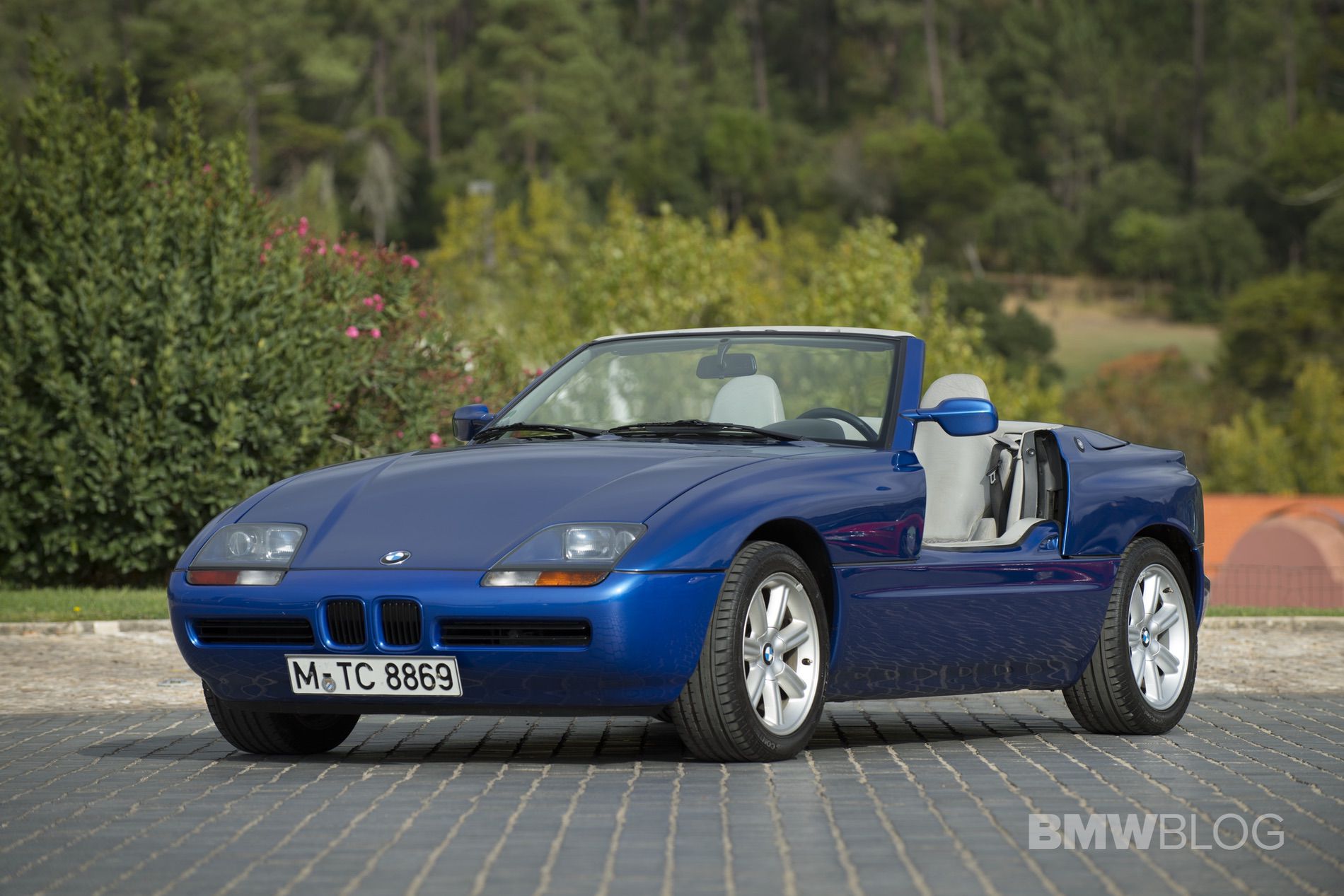At over €10 billion spent in recent years, Neue Klasse is BMW’s largest investment ever. Although not all of the money has gone into EVs, electrification has played a dominant role. The 2026 iX3 has opened the floodgates to a new family of cars that move away from combustion engines. The NK reboot is central to Munich’s projection for sales to be evenly split between ICE and EV by 2030.
Now, BMW goes a step further by stating that the influx of zero-emission models in the Neue Klasse family has what it takes to match the long-running success of its combustion-engine cars. In an interview with Autocar magazine, sales boss Jochen Goller expressed his optimism about the next step in electrification: “Neue Klasse is a vehicle to achieve the same dominance in the premium segment in the electric field as we are in with ICE.”
BMW pats itself on the back by claiming it’s “clearly performing well against others” in the ICE segment. However, it does admit it’s “not a clear leader yet in the electric field.” With Neue Klasse, it argues it finally has what it takes to claim the top spot among EV brands. The iX3 and the other new electric models arriving in quick succession represent a “very decisive moment” for the brand. It’s easy to imagine why, given the unprecedented investment in the company’s history.
As a Board of Management member responsible for Customer, Brands, and Sales, Goller is certain BMW can pull it off. The company isn’t just replacing the previous-generation iX3 with a new model but adding fresh entries. The i3 arriving next year will be a global product, unlike the namesake electric sedan currently sold only in China. BMW announced an iX5 earlier this week, and it’s coming in two flavors: a battery EV and a hydrogen fuel cell.
Spy shots suggest the electric expansion will continue with an iX7, possibly in 2027. Additionally, sources close to BMW claim the “i” lineup will grow to include an i1 hatchback, an i2 sedan, an i3 wagon, as well as iX4 and iX6 crossover-coupes. Nevertheless, reaching a 50% EV share by 2030 will be a real challenge. Last year, only 17.4% of the vehicles sold by the BMW Group (including MINI and Rolls-Royce) were electric.
Even if BMW falls short of that target, it won’t be catastrophic. The diverse mix of gasoline, diesel, and plug-in hybrids positions the company well to cover all market segments. For the most part, the new EVs will be additions to the lineup rather than replacements for existing combustion models. The company isn’t worried about managing an even more complex portfolio, which may include a rugged SUV aimed at the Mercedes G-Class.
Source: Autocar
























































